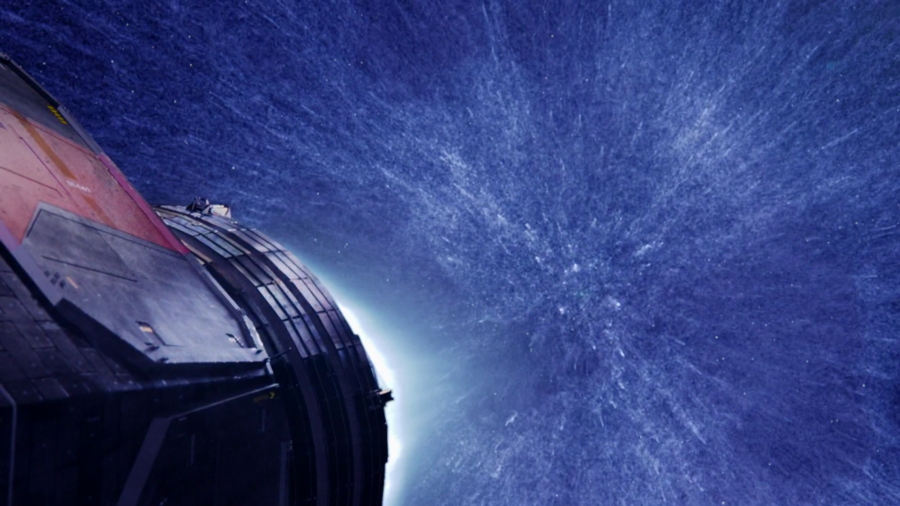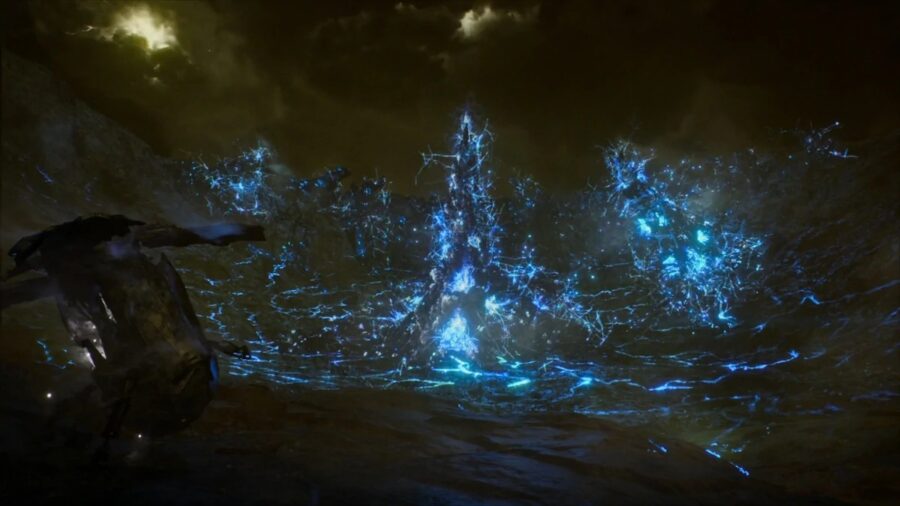The Expanse Went Wrong Doing One Sci-Fi Element Too Well

Like any fervent follower of sci-fi and its love-hate relationship with TV and cinematic adaptation, my journey has been—let’s say—bittersweet. But The Expanse was a balm, a true-blue effort at accomplishing hard sci-fi in a televised, serial format; a dedicated, laudable adaption of the James S.A. Corey (i.e., Daniel Abraham and Ty Franck) novels that remains a benchmark.
As far as hard sci-fi goes–meaning, sci-fi renowned for its commitment to scientific realism and accuracy–the Syfy-turned-Amazon Prime Video series was a pinnacle.
The Expanse Embraced Scientific Realism

That commitment to quality and scientific realism came at a very real commercial cost. Indeed, while the series secured well-deserved critical acclaim and a dedicated fanbase, its superb fidelity to scientific realism arguably constrained its appeal to broader audiences. In my eyes, nerdy eyes indeed, The Expanse felt at times like a course in physics–instead of a leisurely escape into the cosmos.
Unapologetically Hard Sc-Fi

Mind you, I watch YouTube videos about physics recreationally. But my inner pragmatist knows full well that not everyone Amazon wanted to win over with this series was inclined to binge-watch interviews with Roger Penrose. In other words, I worry the masses struggled with what seemed dauntingly complex subject matter.
But that’s hard sci-fi, right? A beloved realm show ventured unapologetically into a brand of sci-fi distinguished for prioritizing the accuracy of the science it portrays. Of course, by employing this admirable narrative choice, The Expanse demanded engagement with complex scientific concepts–and patience. In return, it offered rewarding narrative arcs, unfolding with a deliberate and engaging focus on scientific premises.
Scientific Plausability That’s Been Missing For Years

How starkly this contrasts soft sci-fi, which notoriously bends, if not breaks, the rules of science to serve narrative or thematic goals; which sacrifices so much realism on the altar of speculative ideas, adventure, and the exploration of social issues. And often without a sliver of scientific plausibility.
Reverse this, and you have The Expanse, celebrated by critics and scientists alike for its return to the hard sci-fi tradition of television, reminiscent of Babylon 5 and Star Trek: The Next Generation.
Unprecedented Detail

The series proffered a future in which life’s political and physical realities within the solar system were rendered in unprecedented detail. Everything—from the nuances of space travel to the socio-political intricacies among Earth, Mars, and the Belt—was responsibly and ably depicted.
Verily, the future the show anticipated felt more than merely believable—it felt inevitable, testifying to the series’ grounding in the real obstacles inherent to space expansion (obstacles that include human nature).
Dense But Satisfying

That said, the technical jargon and scientific exposition enriching The Expanse’s plot could occasionally be daunting, even dense. A treasure trove for genre aficionados, yes—but a labyrinthine challenge to casual viewers, nonetheless. This moat of scientific know-how probably prohibited the widespread appeal the show deserved.
Embraced By Hardcore Fans

Ultimately, though, this supposed “failure” to captivate a mass audience did little to diminish the show’s success, however niche. After all, the series’ passionate fanbase underscores a persistent appetite for hard sci-fi, revealing a significant segment of viewers craving narratives that respect their intelligence.
However, tragically cut short, The Expanse was a breath of fresh air. So was the hard sci-fi it represented. Hopefully, in our age of constant content—content all the time—content everywhere—we’ll see more of it.












